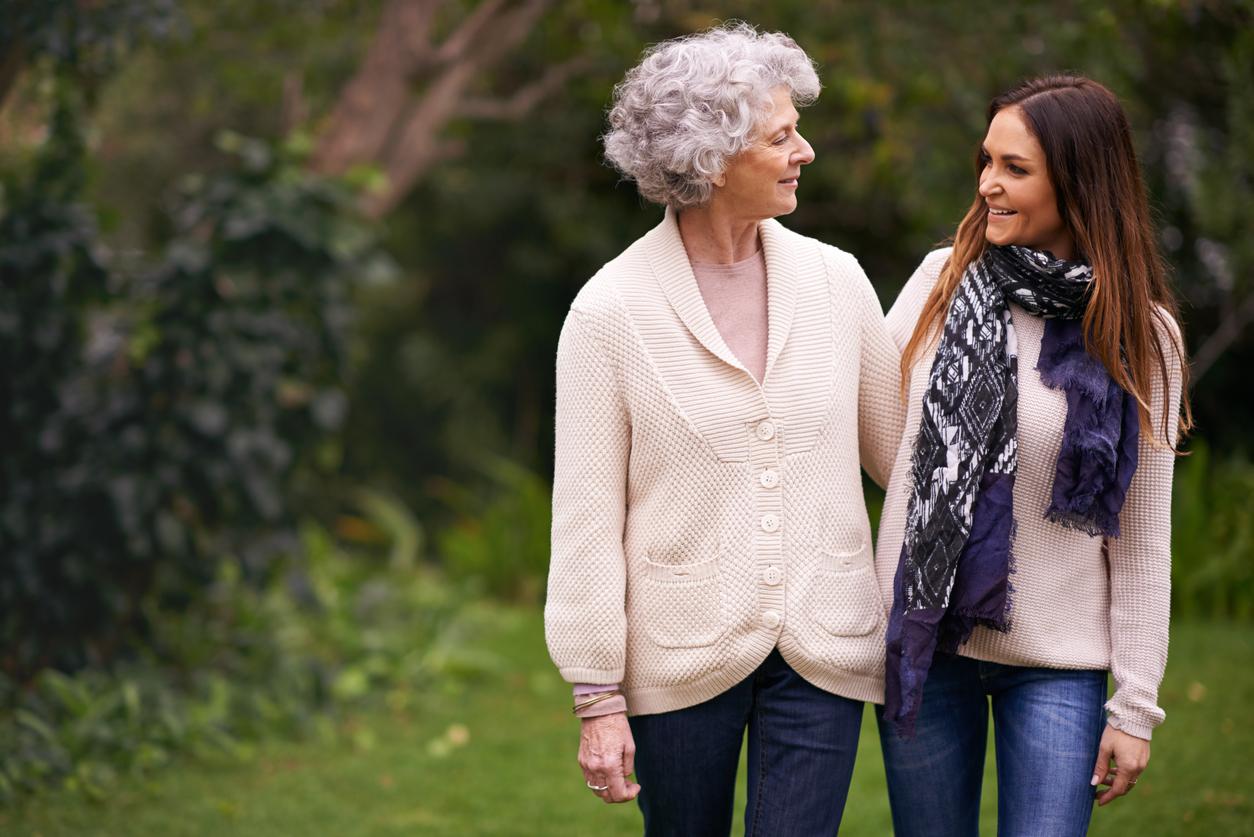The Independent's journalism is supported by our readers. When you purchase through links on our site, we may earn commission.
Your parents live longer the more time you spend with them, study finds
Apparently, loneliness is a significant factor in the decline of quality of life

Your support helps us to tell the story
From reproductive rights to climate change to Big Tech, The Independent is on the ground when the story is developing. Whether it's investigating the financials of Elon Musk's pro-Trump PAC or producing our latest documentary, 'The A Word', which shines a light on the American women fighting for reproductive rights, we know how important it is to parse out the facts from the messaging.
At such a critical moment in US history, we need reporters on the ground. Your donation allows us to keep sending journalists to speak to both sides of the story.
The Independent is trusted by Americans across the entire political spectrum. And unlike many other quality news outlets, we choose not to lock Americans out of our reporting and analysis with paywalls. We believe quality journalism should be available to everyone, paid for by those who can afford it.
Your support makes all the difference.How often do you see your parents? Our busy schedules mean many of us feel we’re not seeing them as much as we should, or would like to. But making time for our parents could extend their lives, a new study shows.
Researchers at the University of California, San Francisco, found that loneliness could lead to functional decline and, in some cases, premature death in older people.
The study, Loneliness in Older Persons, studied 1,600 adults with an average age of 71. It revealed that that nearly 23 per cent of lonely participants died within six years of the study, compared to only 14 per cent of those that reported experiencing adequate levels of companionship.
Researchers also found that 43 per cent of people over the age of 60 feel isolated.
Accordingly, the research concluded that loneliness is a significant factor in the decline of quality of life in older adults and could lead to depression, cognitive impairment and other health problems like coronary artery disease.
“The need we've had our entire lives - people who know us, value us, who bring us joy - that never goes away,” Barbara Moscowitz, senior geriatric social worker at Massachusetts General Hospital, told the New York Times.
The theory that loneliness may impair health outcomes in older persons isn’t a new concept though.
Another study by Brigham Young University in Utah from 2010 found that social ties are increasingly important to extending life, proving that people with lots of close friends and family around are likely to live longer than those that are alone.
Similarly, a report by the English Longitudinal Study of Ageing (ELSA) at University College, London (UCL), claimed that over-50s who experience feelings of satisfaction about their life are more likely to live to an older age.
Join our commenting forum
Join thought-provoking conversations, follow other Independent readers and see their replies
Comments